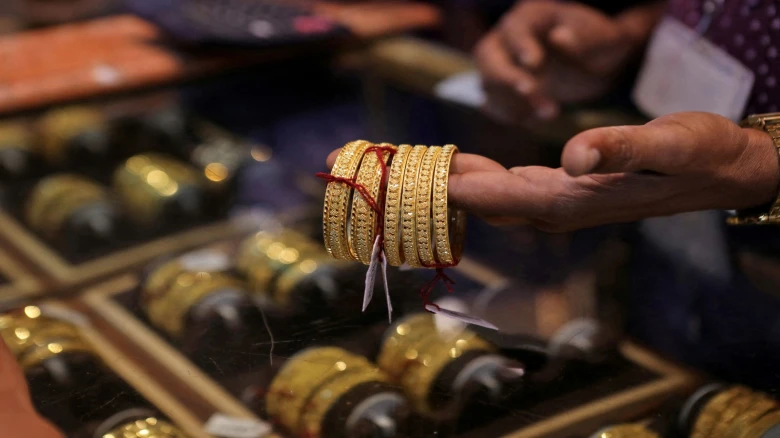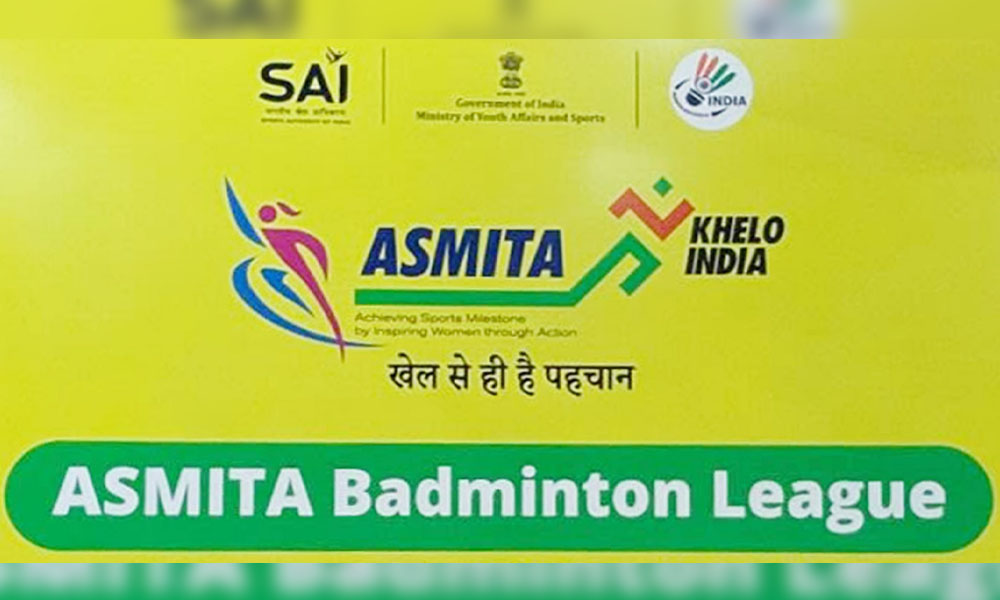There is "no such panic" and footfalls have also decreased because the RBI has set a four-month deadline for withdrawing the pink notes from the market, he said.
Digital Desk: Following the Reserve Bank's move to
withdraw 2,000 notes from circulation, jewellers in India, the world's second-largest gold-consuming country after China, began receiving more requests for
the purchase of gold or silver.
However, there is no panic buying of precious metals, as there was after
demonetization in 2016, according to the GJC on Sunday.
In fact, due to rigorous Know Your Customer (KYC) requirements, actual
gold purchases have been less in exchange of 2,000 notes in the last two days,
although sources say some jewellers have begun charging a 5-10% premium,
bringing gold prices to the 66,000 per 10 grams level.
Gold prices in the country have currently corrected to roughly $60,200
per 10 grams.
"There have been a lot of inquiries about purchasing gold
or silver with 2,000 notes, which is why there were so many people on
Saturday." However, due to tight KYC regulations, actual purchases have been
lower," All India Gem And Jewellery Domestic Council (GJC) Chairman Saiyam
Mehra told PTI.
There is "no such panic" and footfalls have also
decreased because the RBI has set a four-month deadline for withdrawing the
pink notes from the market, he said.
The
Reserve Bank of India (RBI) announced the withdrawal of 2,000 currency notes
from circulation on May 19, but offered the people till September 30 to deposit
such notes in accounts or exchange them at banks. It has asked banks to stop
issuing ₹2,000 notes with
immediate effect.
Mehra said that implementing the goods and
services tax (GST) and the Bureau of Indian Standards' (BIS) trademarks has
pushed jewellery manufacturers to become more organized and conduct formal
business.
"Large-denomination
currency notes are normally required to deal in cash, which has now become
insignificant in India's jewellery industry, with consumers preferring digital
formats." As a result, withdrawing 2,000 currency notes will have
little effect on India's gold and jewellery market," he noted.
According to sources, numerous jewellery merchants did sell gold
on Saturday against 2,000 notes, and at a premium.
"The practice of accepting 2,000 notes in lieu of gold at a
premium rate may exist only in the unorganized sector," said PNG Jewellers
Chairman and Managing Director Saurabh Gadgil. The organized jewellery players
steer clear of such stuff."
"There are some inquiries," said Nemichand Bamalwa
& Sons partner Bachhraj Bamalwa, "but there is no rush for gold
buying." It should rise starting tomorrow."
Jewellers
are selling gold in accordance with income tax and anti-money laundering
regulations, he said.
Gnanasekar Thiagarajan, co-founder and director of Commtrendz
Research, stated that demonetization has historically led people to gold. The
difference this time is that there are numerous compliances in place.
In contrast to the demonetization of 500 and 1,000 notes in
2016, the number of persons holding 2,000 notes is lower because the RBI
stopped producing them in 2018-19 and they were rarely in circulation.
Any
purchase of gold, silver, jewellery, or precious gems and stones under Rs. 2 lakh
does not necessitate a customer's permanent account number (PAN) or Aadhaar as
a mandatory KYC proof.
























